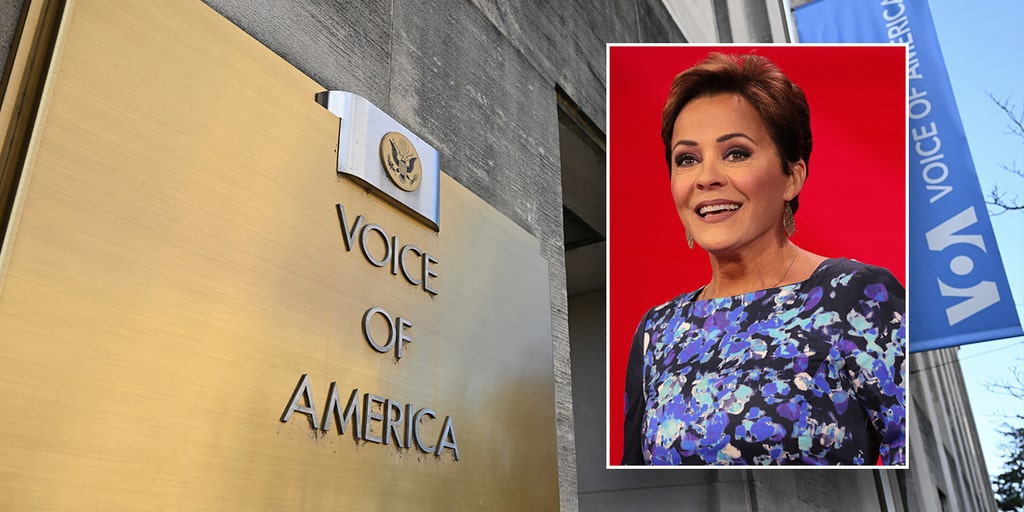Court Gives Green Light to VOA Transformation: Lake Hails Trump-Era Overhaul as Landmark Win

In a notable legal triumph, President Donald Trump scored a significant win against Voice of America (VOA) on Saturday, following a contentious court battle sparked by his March executive order aimed at restructuring the international broadcasting agency.
The court's decision marks a pivotal moment in the ongoing dispute between the Trump administration and the federally funded media organization. The executive order, which sought to fundamentally reshape VOA's leadership and operations, had been met with considerable resistance from the agency's management and supporters.
By prevailing in this legal confrontation, the president has taken a substantial step toward implementing his vision for the organization, which he has long criticized for what he perceives as biased reporting. The ruling potentially clears the way for more direct governmental oversight of the international broadcasting platform.
This development underscores the ongoing tensions between the Trump administration and media institutions, reflecting a broader narrative of challenging established media narratives and governance structures.
